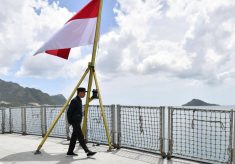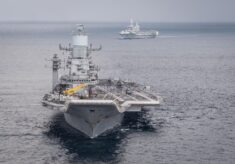
Indonesia’s relations with Beijing deteriorate in the South China Sea
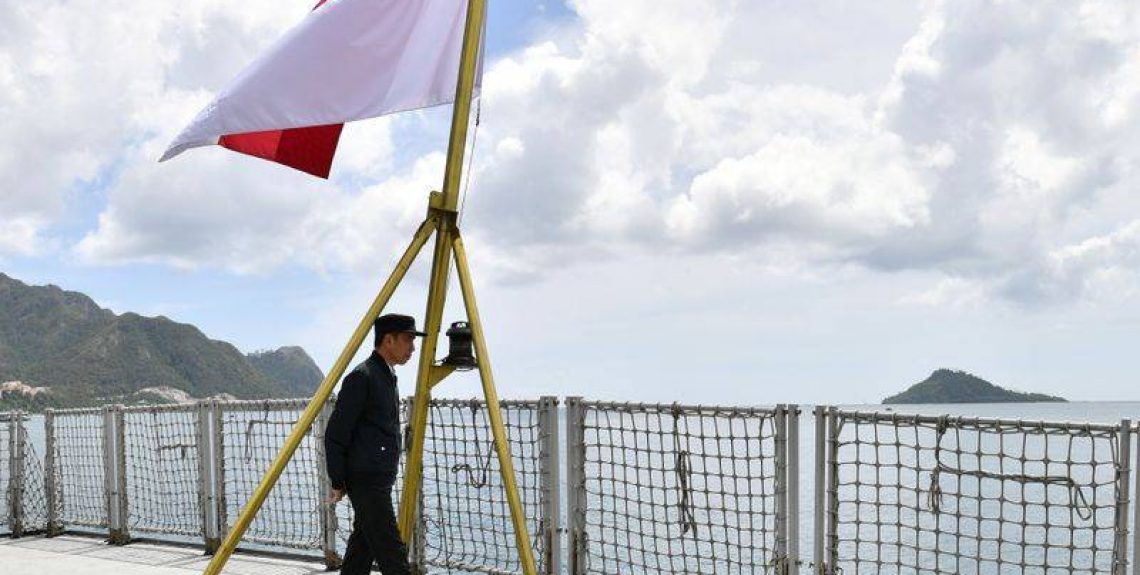
Share on

David Scott
David Scott is a prolific author, with three books on China in the international system; an associate member of the Corbett Centre for Maritime Policy Studies, and a member of the Center for International Maritime Security (CIMSEC).
Archive

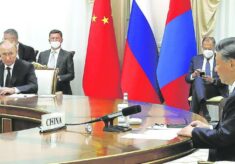
Xi-Putin: friendship, partnership, interest(ship)?
26 September 2022

A global long-term China-US crisis is unfolding
4 August 2022
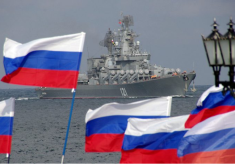
The Madrid Summit and the Seoul-Tokyo connection
4 July 2022
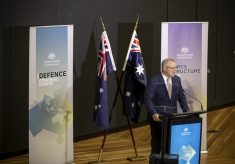
Australia re-pivots to a core Indo-Pacific
29 July 2020
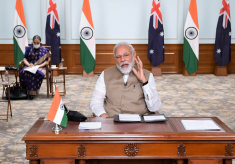
Australia and India converge over the Indo-Pacific
27 June 2020
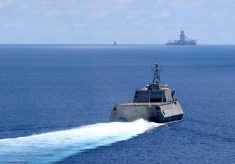

Covid-19 disruption across the Indo-Pacific
23 April 2020

Germany steps into the Indo-Pacific
28 March 2020
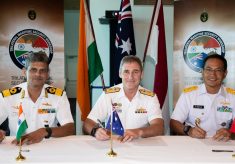
The India-Australia-Indonesia “minilateral”
28 February 2020

China’s demographic challenge
26 February 2020
